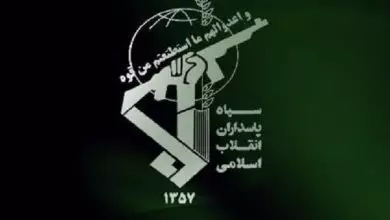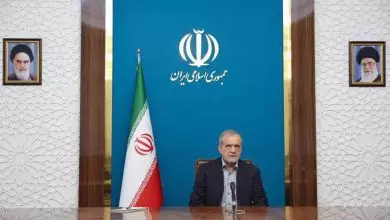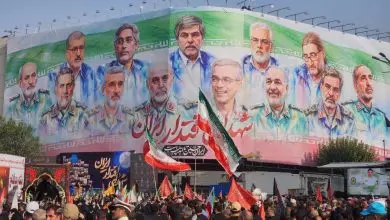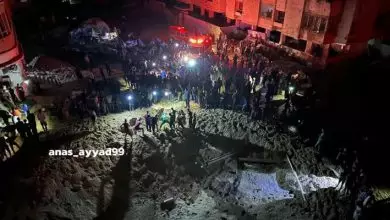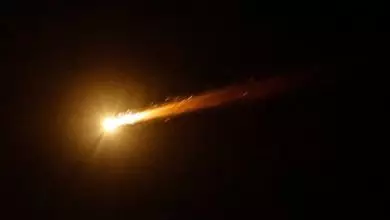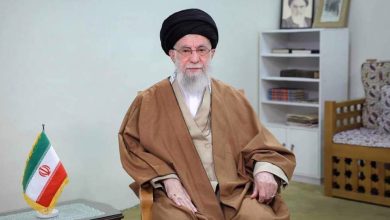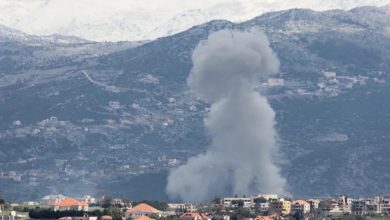Iran to Restrict Grossi and IAEA Surveillance at Nuclear Facilities
Iran has declared that it will prohibit Rafael Grossi, the Director General of the International Atomic Energy Agency (IAEA), from entering the country and will not permit the installation of surveillance cameras at its nuclear sites, according to a senior Iranian legislator.
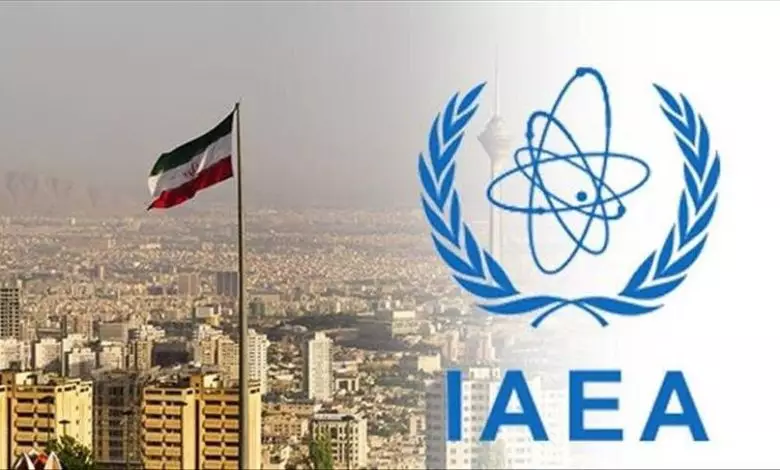
Hamid Reza Haji Babaei, the Vice Speaker of the Iranian Parliament, announced on Saturday that Iran’s recent decision is a direct response to uncovering sensitive facility data found within documents acquired from Israel.
In a speech at a ceremony commemorating the martyrdom of Ayatollah Beheshti and judiciary officials, he emphasized, “The recent 12-day conflict is a continuation of the 47-year-long hostilities orchestrated by the United States against Iran. At the heart of this enmity is not the issue of missiles or the nuclear agenda—it is fundamentally about the Iranian people.”
He stated, “The United States harbors concerns over a nation of 90 million people, boasting a 7,000-year-old civilization, which resists American dominance in the region.”
Haji Babaei lauded Iran’s armed forces along with the strategic direction provided by the Leader of the Islamic Revolution. He remarked, “Ultimately, it was the Iranian people who stood firm. The more the adversary intensifies, the more robustly the people will react.”
In reference to the initial stages of the conflict, he stated that adversaries attempted to assassinate Iranian commanders with the aim of destabilizing the leadership. This strategy mirrored past events, notably on June 28, 1981, when Ayatollah Beheshti and judicial officials were killed, followed by the assassination of President Rajaei.
In a recent statement, it was asserted that adversaries are of the opinion that Iran is ungovernable and should be divided. These forces are purportedly working to incite ethnic tensions, under the mistaken belief that 70 percent of the Iranian populace would support their cause, he concluded.
In the context of escalating tensions, the Zionist regime initiated aggressive military actions against Iran on June 13, targeting military, nuclear, and residential zones for a duration of 12 days. Subsequently, on June 22, the United States intervened and launched military strikes on three nuclear facilities in Natanz, Fordow, and Isfahan.
Iranian military forces swiftly mounted robust counteroffensives following an act of aggression. The Islamic Revolution Guards Corps Aerospace Force executed 22 waves of retaliatory missile strikes targeting the Zionist regime under Operation True Promise III, resulting in significant losses across several cities in the occupied territories.
A ceasefire implemented on June 24 has successfully halted hostilities.

